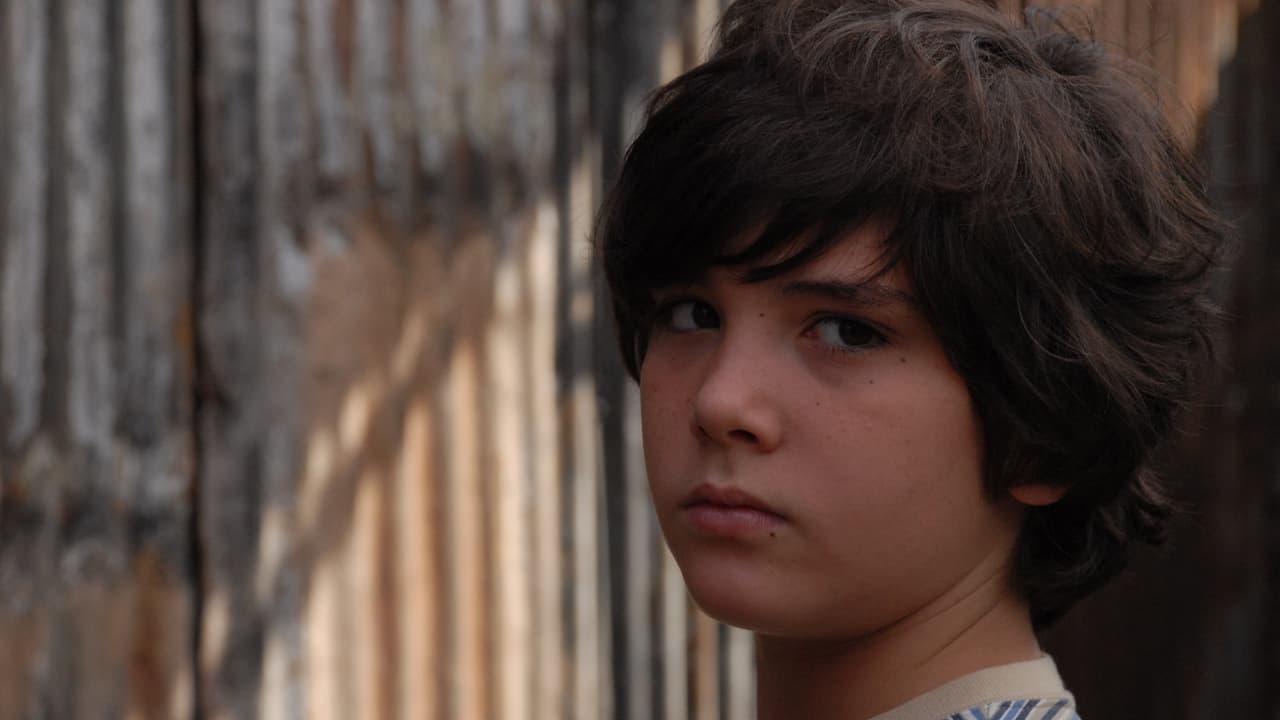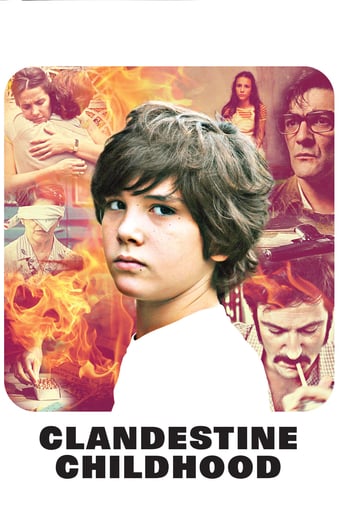

Director Benjamín Ávila's acknowledgment and thanks at the end came as such a surprise because the film he just made showed the opposite of said intentions. The film, set in 1979 Argentina, is about a boy who's forced to use a different identity for his and his parents and Uncle's safety. These parents and his uncle are part of the resistance, whose one of the chants are "Perón or death", and really mean said words. The film is relentless, definitely in a bad way, and manages to be unnecessarily long, bogged down with story lines about first love and "girls are like chocolates" metaphors. A better movie would have committed to the child's POV, using cinematography to always see things from his point of view. But that was not the case here. The film tries to center other characters that in the end it doesn't quite serve any of them well enough. And back to my first sentence, instead of the film being a successful homage to the people of resistance back in that era, I found myself thinking they were really bad parents, too blind to the cause to make decisions that wouldn't endanger their children.
... View MoreFor so many of us the governmental complexities that seem to occur with regularity in South America never seem to be clear. CLANDESTINE CHILDHOOD ('Infancia clandestine') offers the opportunity to not only be informed about the machinations of such movements, but also allows us entry into the personal view of the changes that political events impact so powerfully on the citizens.Benjamín Ávila who wrote (with Marcelo Müller) and directed this brilliant little film is sharing his experiences of living through the times that his story relates. The year is 1979 and an Argentinean family who have been exiled in Cuba return to Argentina as Montoneros - a guerrilla group fighting against the military junta that controlled Argentina from 1976 to 1983. In a coup on March 24, 1976, a military junta seized power in Argentina and went on a campaign to wipe out left-wing terrorism with terror far worse than the one they were combating. Between 1976 and 1983 - under military rule - thousands of people, most of them dissidents and innocent civilians unconnected with terrorism, were arrested and then - los desaparecidos. The father Horacio (César Troncoso) and mother Cristina (the incredibly beautiful Uruguayan actress Natalia Oreiro), baby girl Vicki, and 12 year old son Juan are forced to change their names and hide from the authorities so that the guerrilla warfare can be accomplished. There is one other member of the family - Uncle Beto (Ernesto Alterio) - who seems to be the most solid tie between Juan (now called 'Ernesto') and his family's condition.'Ernesto' enters school, discovers Maria (Violeta Palukas) and from there the story becomes more one of a blossoming love than a country under military control. But the fear and eventual capture of Ernesto's family brings an end to a precious little love story: Ernesto must leave with the remaining members of his family and go to live with his grandmother Amalia (Cristina Banegas). Juan/Ernesto's childhood has become a clandestine one.The film is well acted and directed but most important it offers us a view of the conditions of living in Argentina during that dark cloud of Los Desaparecidos. It is a powerful yet very tender document about the effect of war on us all - but especially on children.Grady Harp
... View MoreWhen we see this movie, we start to think: what kind of people voluntarily put their own children in the middle of a dirty war?? What kind of fanaticism produces people like these? Unfortunately that kind of "leftist" fanaticism of the 1970's is somehow being replaced by other kinds of fanaticism so many innocent "idealists" keep falling for the sake of "ideas", ideologies or religions. In the middle of that craziness the only sane voice seems to be the kid's grandmother. But nevertheless, despite the sad story (the world is full of sad stories, isn't it?), this movie is very well realized and the acting, direction and editing are very good. The idea of using drawings to replace certain violent scenes was already used before in an Israeli movie but nevertheless was very well done.
... View MoreClandestine Childhood is a coming of age story with a difference. As the title suggests, it is growing up under secrecy. The film is set in 70's Argentina where the military junta rules the country and opposition groups are clandestinely active. We follow a 12 year old son of one of these revolutionary couples who is growing up under a cloud of secrecy to protect the identity of his parents. The boy is a normal child who wants to invite his friends home, have a girlfriend and all that but can not do so due to the risk of exposing his parents who are wanted by the military dictatorship.The politics and the history, though ever present, are kept firmly in the background and the film focuses on the boy's story. The fact that the film is based partly on the director's own childhood, and specially knowing (as he told the audience after a screening) that his mother was one of the "disappeared" during that era, makes the film very poignant. An added bonus is the great music in the film.
... View More